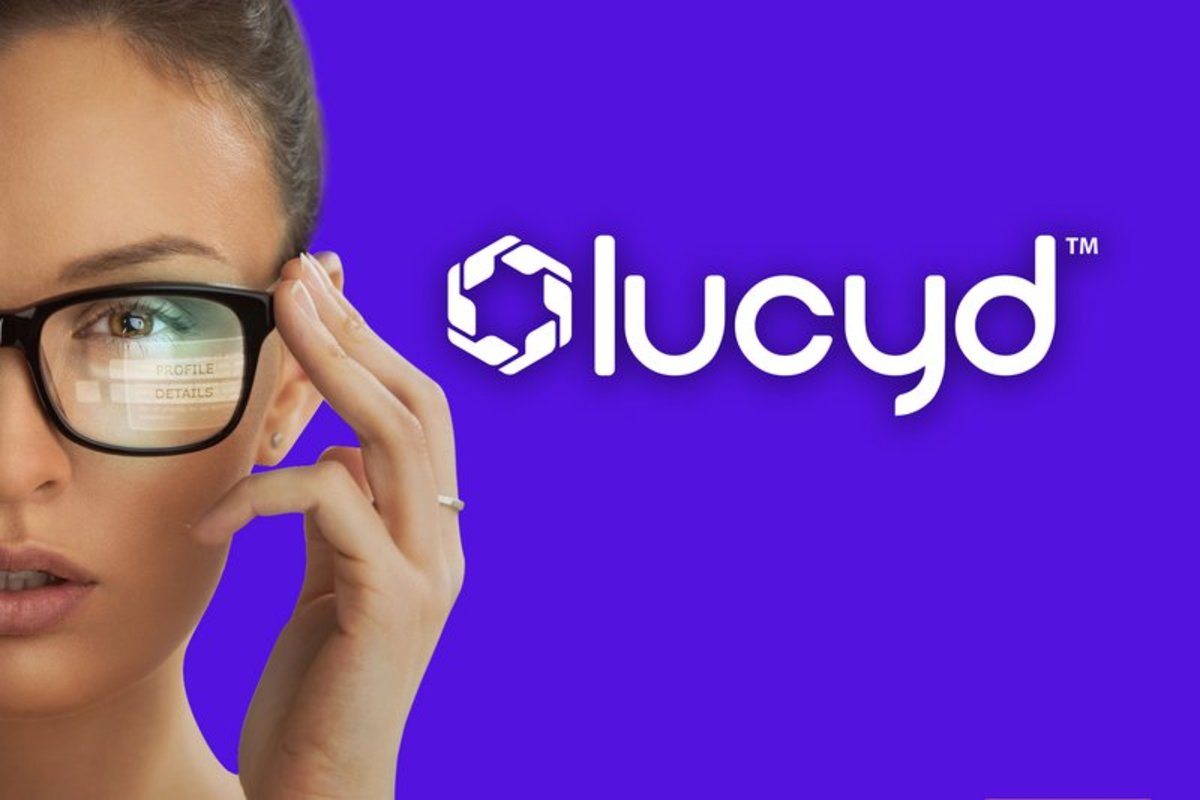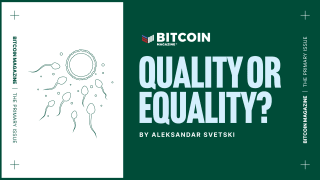
“Blue ocean” enterprises are a concept popularized by W. Chan Kim and Renée Mauborgne in their bestselling book “Blue Ocean Strategy: How to Create Uncontested Market Space and Make the Competition Irrelevant.” They assert that leading companies succeed not by battling competitors, but instead by systematically creating new, potentially high-growth market spaces known as “blue oceans.” The true genius of a blue ocean strategy is that by pursuing product differentiation, it makes competition less relevant.
Despite similar projects in AR optics such as Google Glass, Lucyd is differentiating itself through its own blue ocean strategy. The company is fueling the creation of the world’s first ergonomic, highly functional, mainstream smartglasses through a decentralized content ecosystem.
Lucyd Lens is planned to allow users to interact with their Android and iOS smartphones more comfortably, through an innovative operating system that optimizes existing apps in an augmented reality (AR) interface.
LCD Token
The Lucyd market-creation strategy is bolstered by a portfolio of 13 AR patents and features a team of leading optics and AR experts. Its token sale, launched in late 2017, is on its way to securing the necessary funding to build its beta prototype smartglasses. Lucyd’s token, known as LCD, is used to drive organic community building and application development within its AR blockchain platform. Participants who contribute to application or content development and moderation will be rewarded with LCD, which can be used to purchase new AR apps and media, sent in P2P, in-AR transactions to other Lens wearers, or exchanged for other crypto coins and tokens.
Users will be able to purchase Lucyd services and products using these tokens, with the price and number of tokens required for each buy predicated on the floating exchange rate of LCD. Of the 100 million LCD tokens minted, half will be distributed among community members during the token generation event while 30 will be retained by Lucyd for blockchain development, with 10 going to the team and 10 going to special partners and consultants.
Lucyd’s blue ocean strategy includes creating a decentralized, community-operated marketplace that open the doors for developer use of the platform with less fees and red tape than currently imposed by other ecosystems.
Faster Processing Speed and Economic Utility
Based on comments by Lucyd’s co-founder Harrison Gross, the blockchain might be the key to the company’s blue ocean strategy.
“We are utilizing blockchain technology to democratize the content creation and moderation process. Our aim is to build a self-sufficient ecosystem, which can grow much faster than traditional app stores.”
Gross appears adamant that while the Lucyd Lab Blockchain will organically grow its ecosystem by promoting well-received apps and content, it will also be responsible for removing harmful or useless content.
“With the Lab, we can lay the foundation for a smartglass that combines ergonomic, next-gen hardware with an active and engaged developer community.”
Lucyd employs the blockchain as a method to boost processing speed and economic utility through the use of peer-to-peer cryptocurrency tokens. These tokens, which represent monetary value in the network, are typically awarded to mining computers and server owners who provide the computing power to validate each block in the blockchain.
According to Gross, LCD tokens are mined by developers as well as users for community development efforts. They can also do this by sharing storage of application and content data. Developers can mine LCD by creating positively rated content, while users can earn the tokens by participating in content moderation, bounties, referrals and participating in promotional content.
“LCD can be used to purchase content from the network, hardware from Lucyd, or sent in peer-to-peer transactions. We envision all utilities of the LCD token, and all developer and user activity, taking place entirely within the AR interface of Lucyd Lens.”










